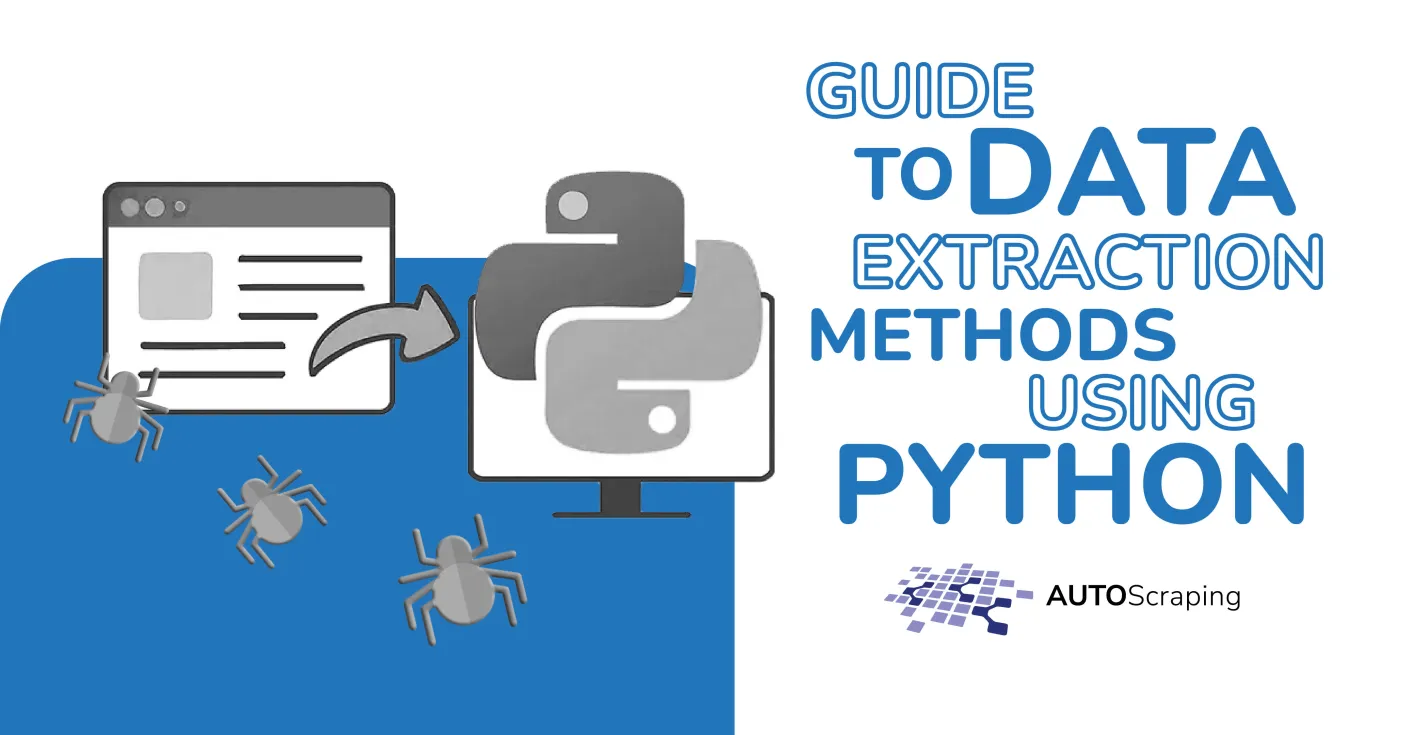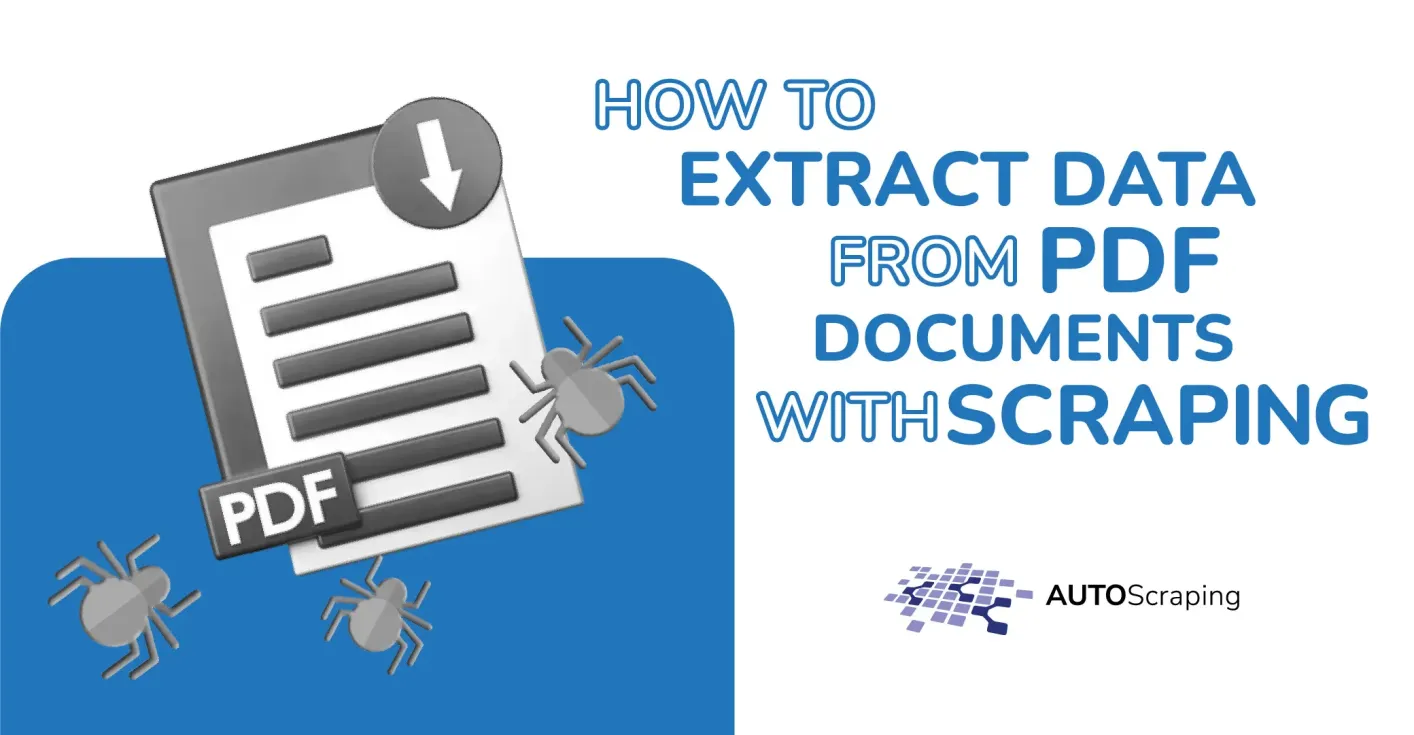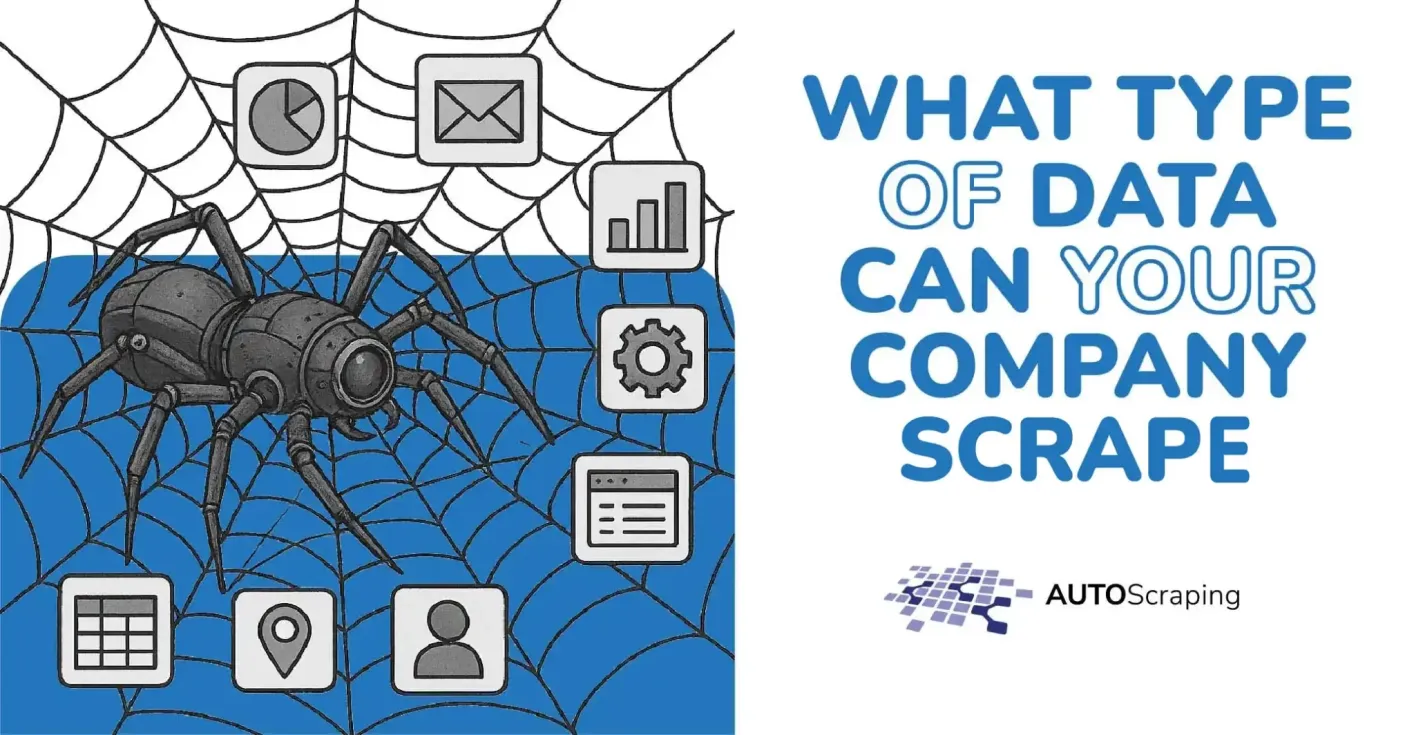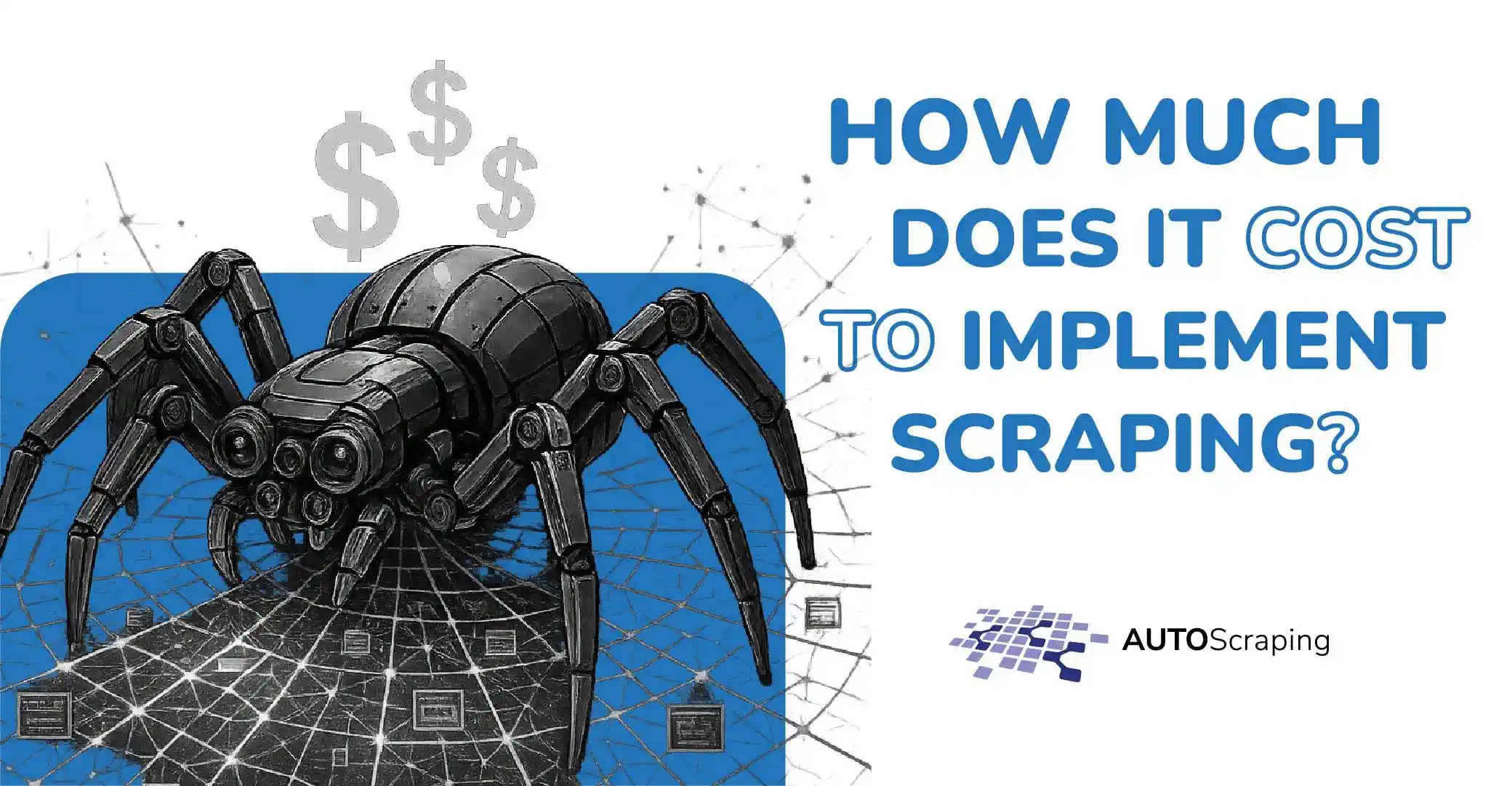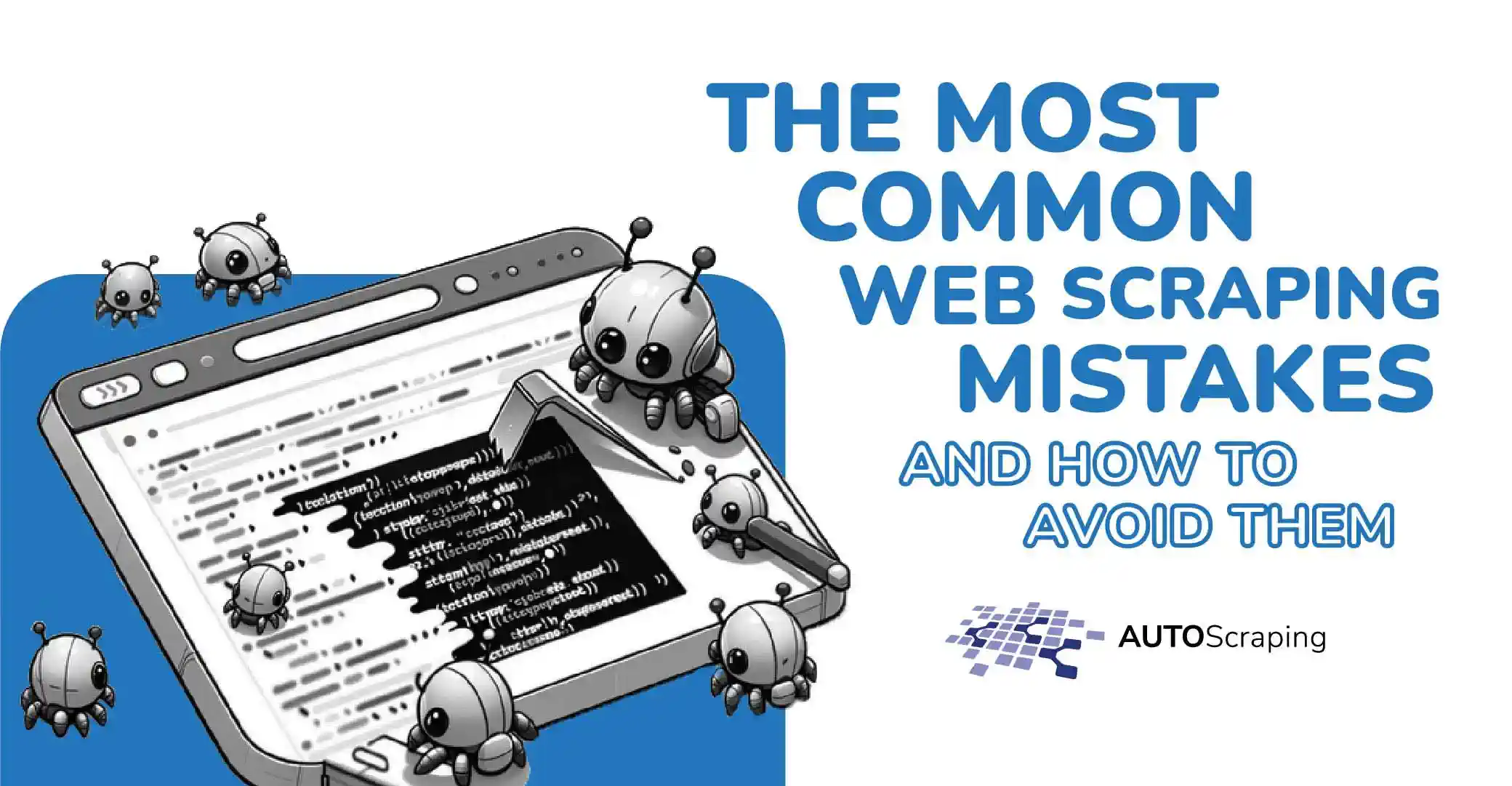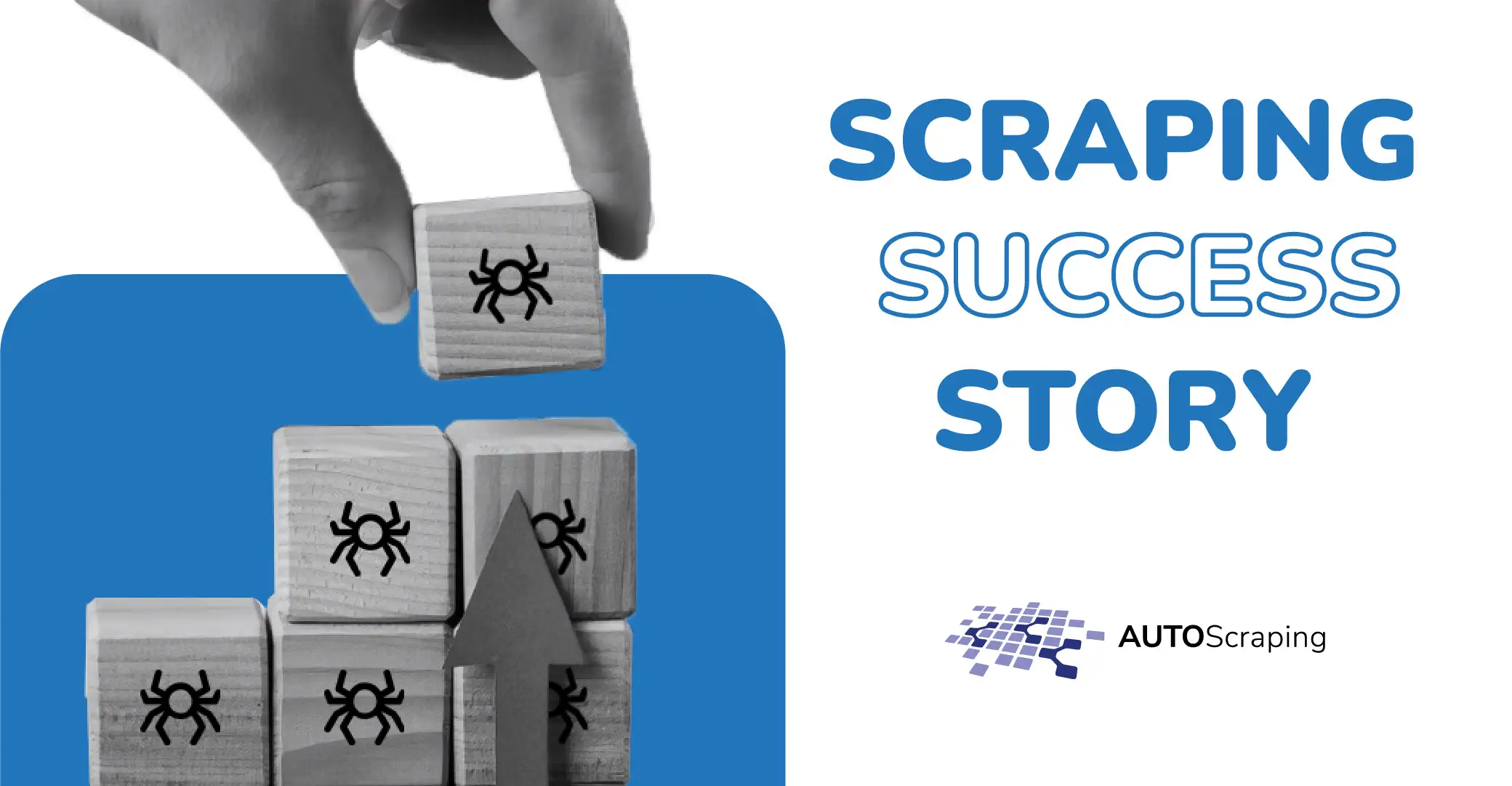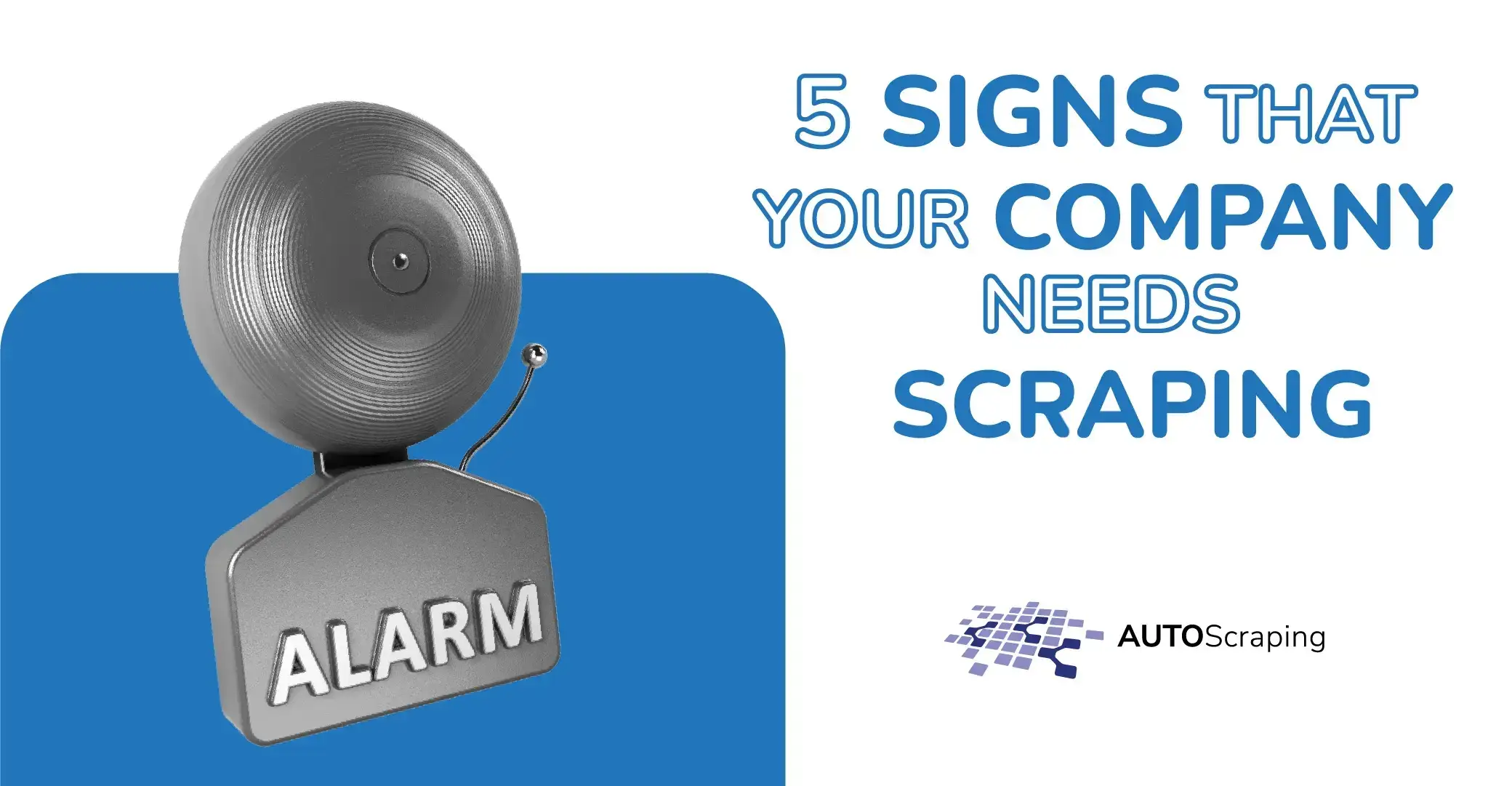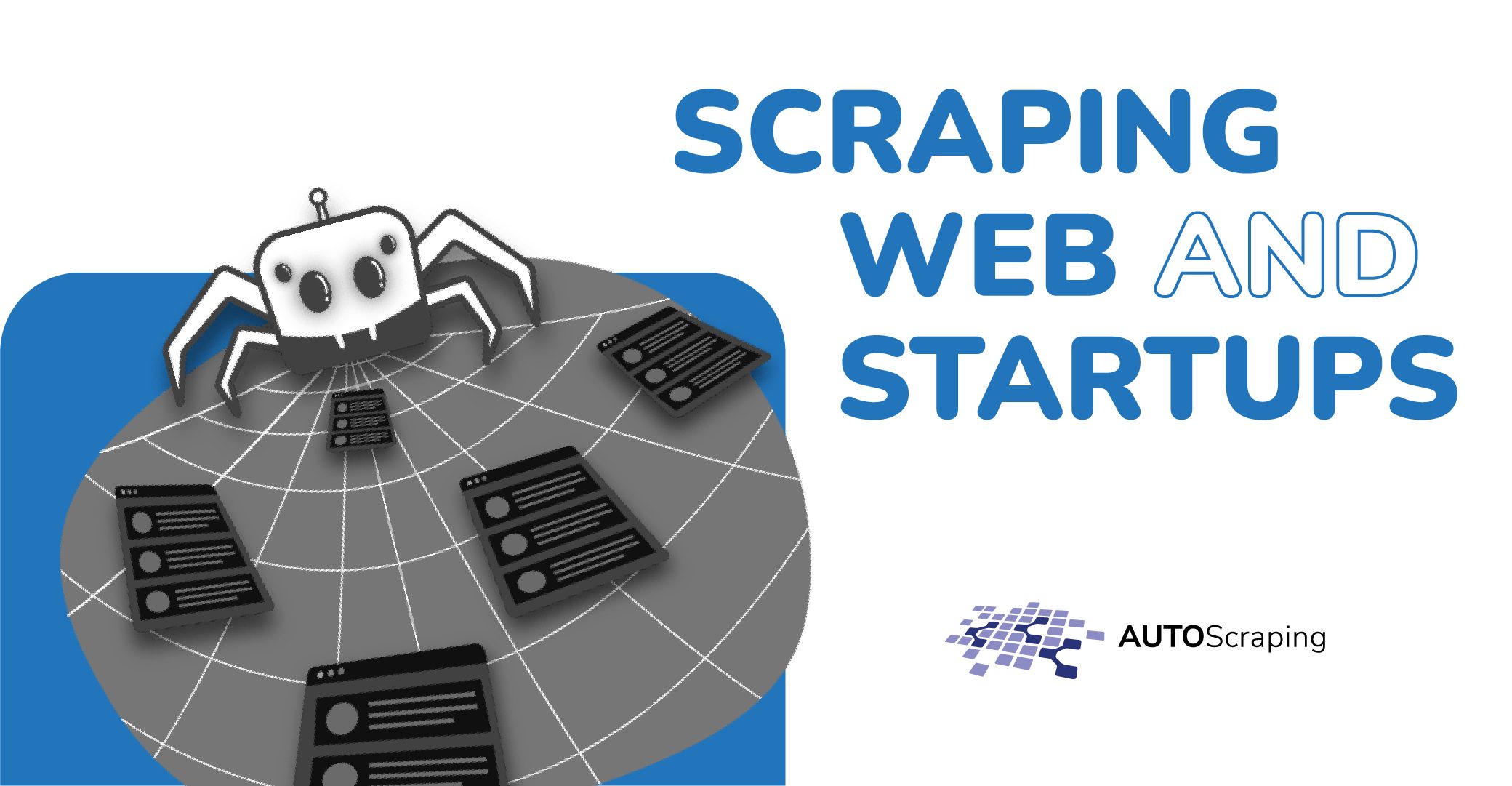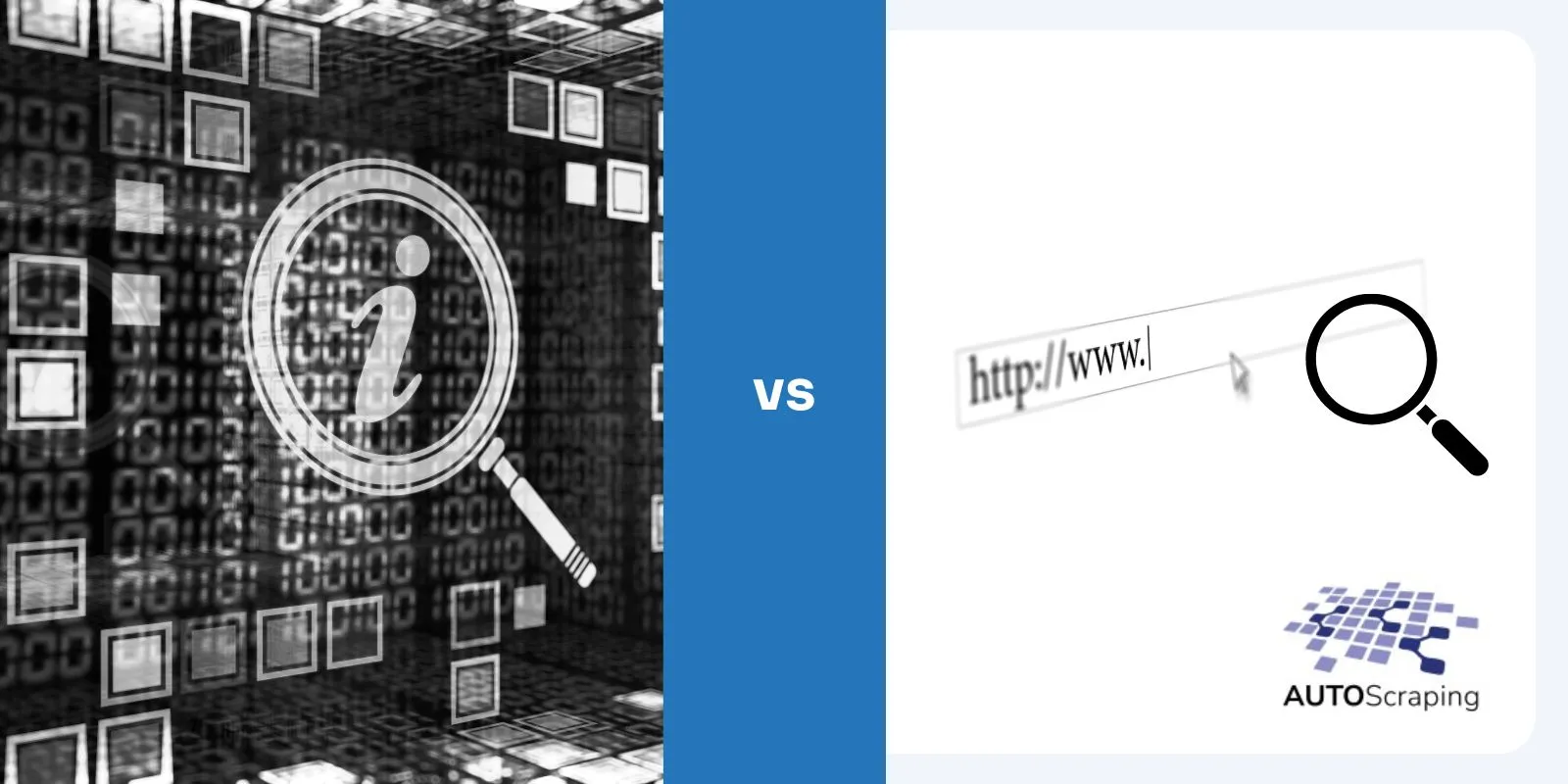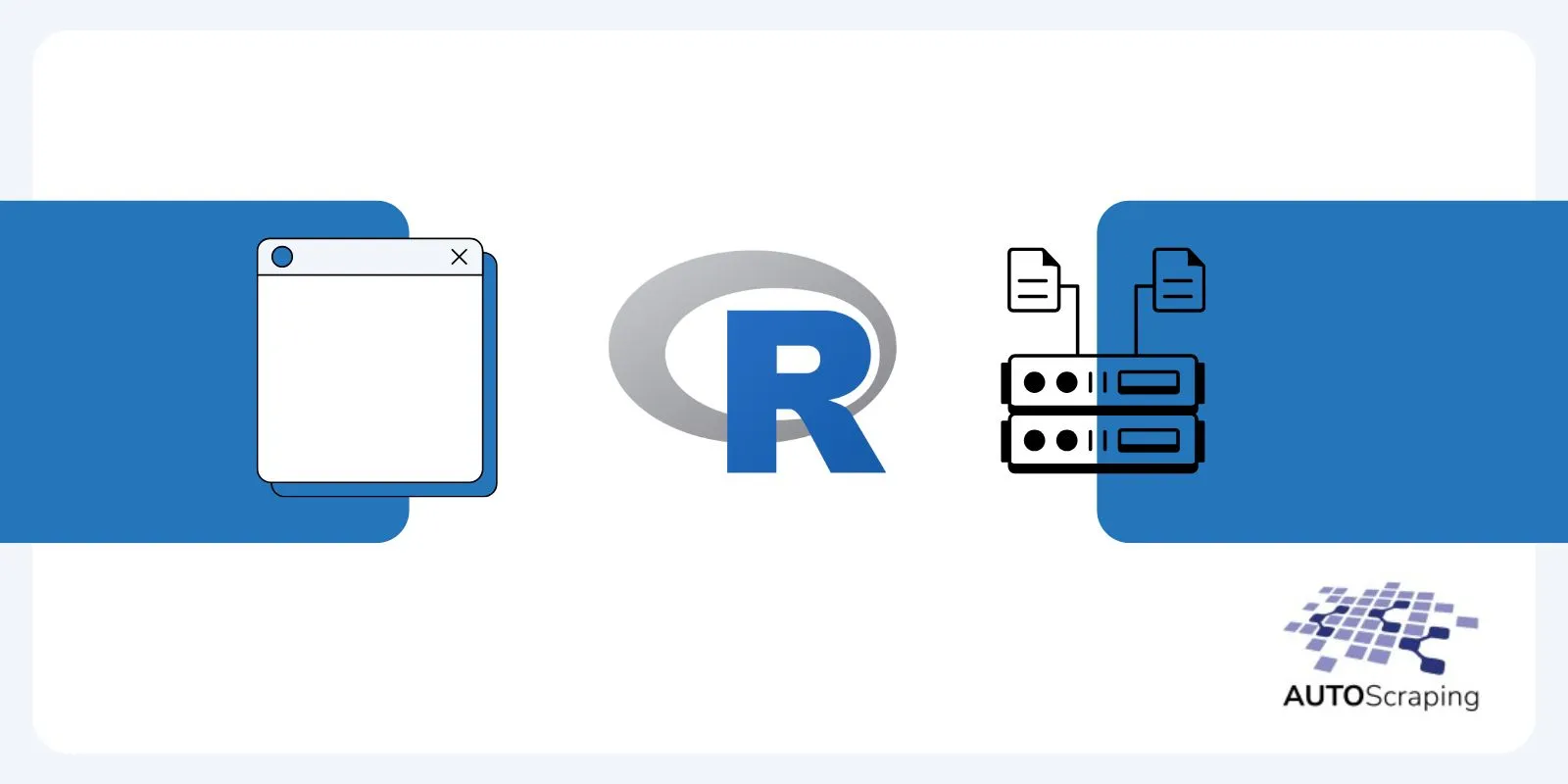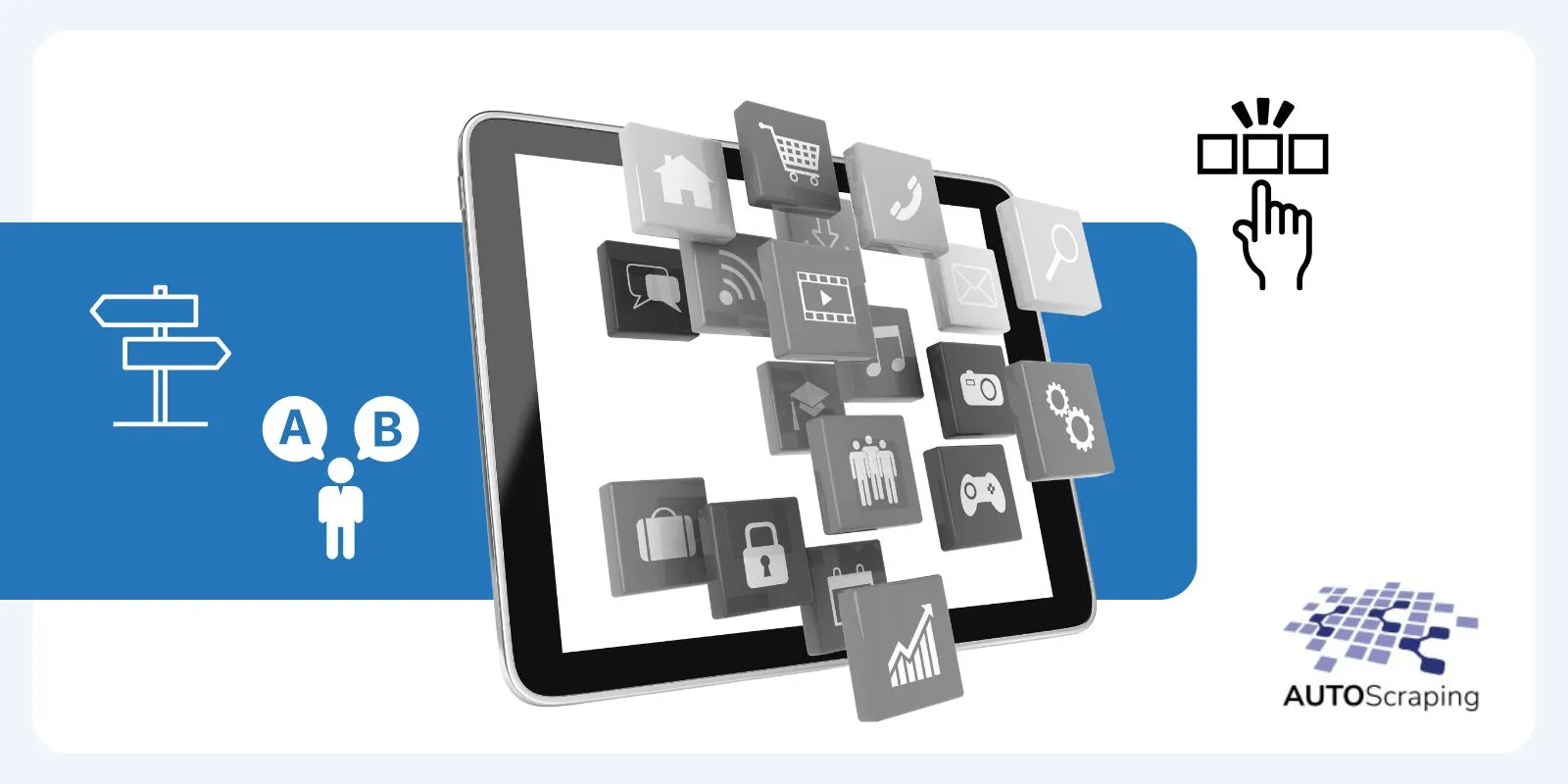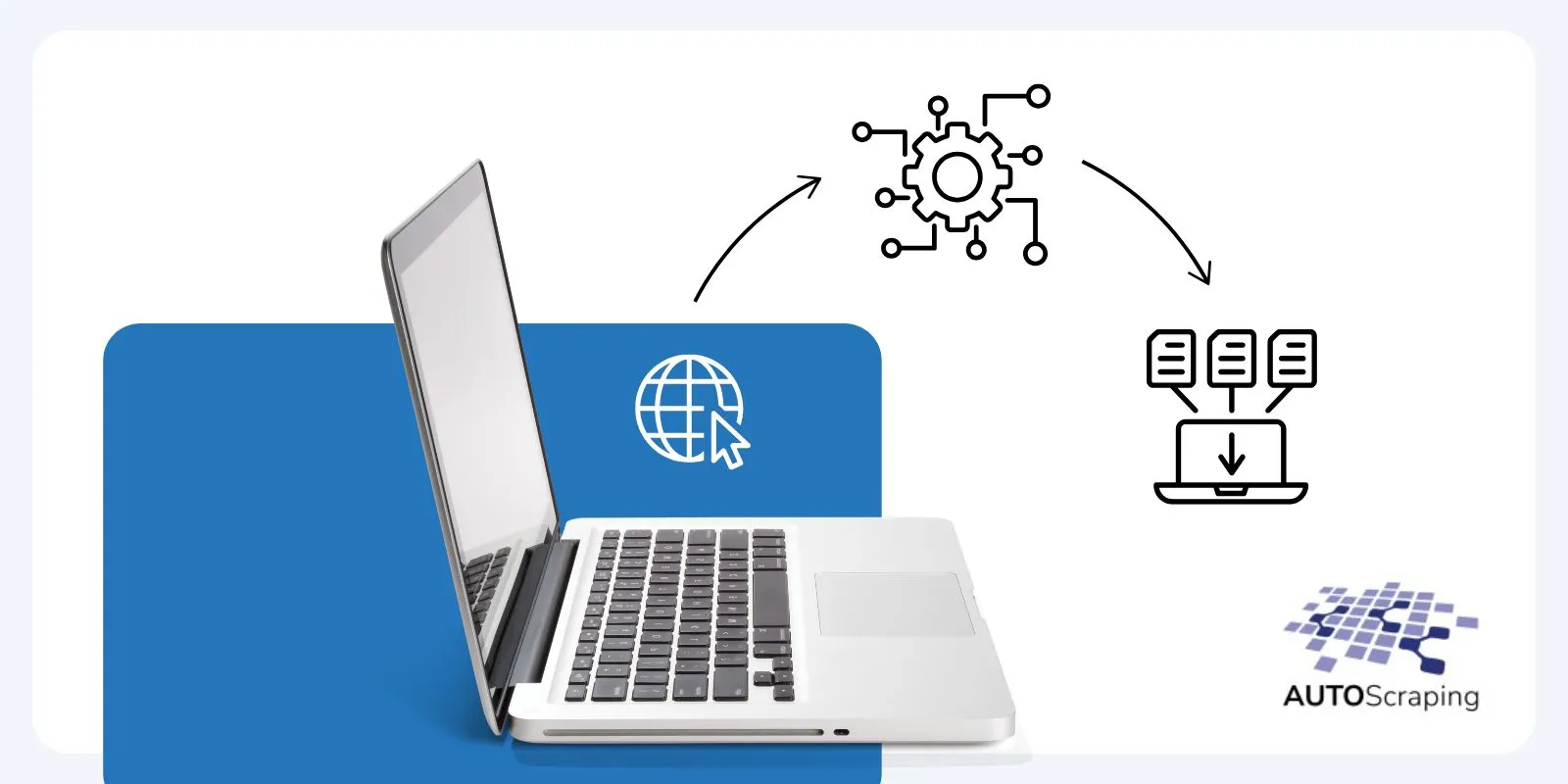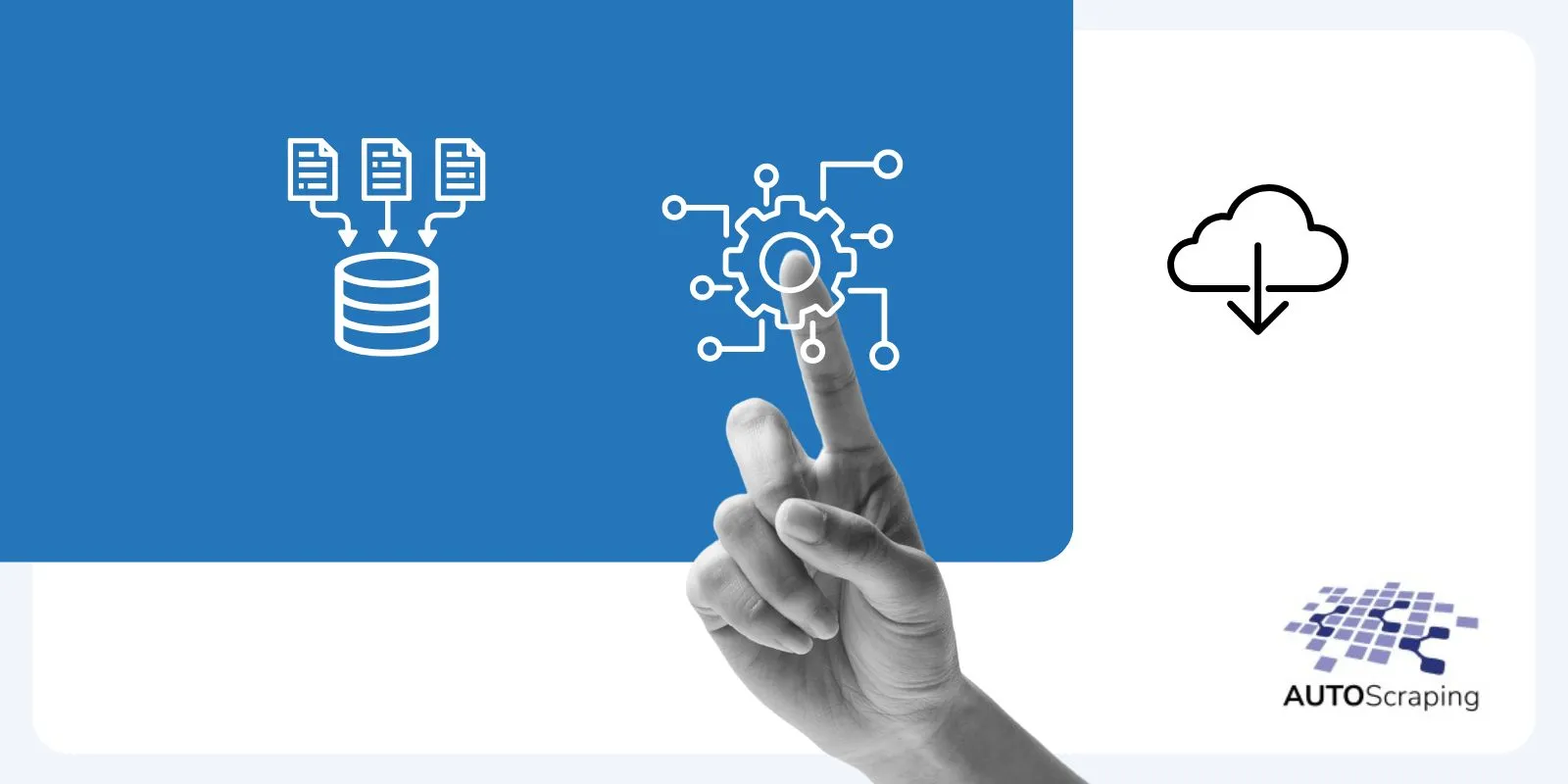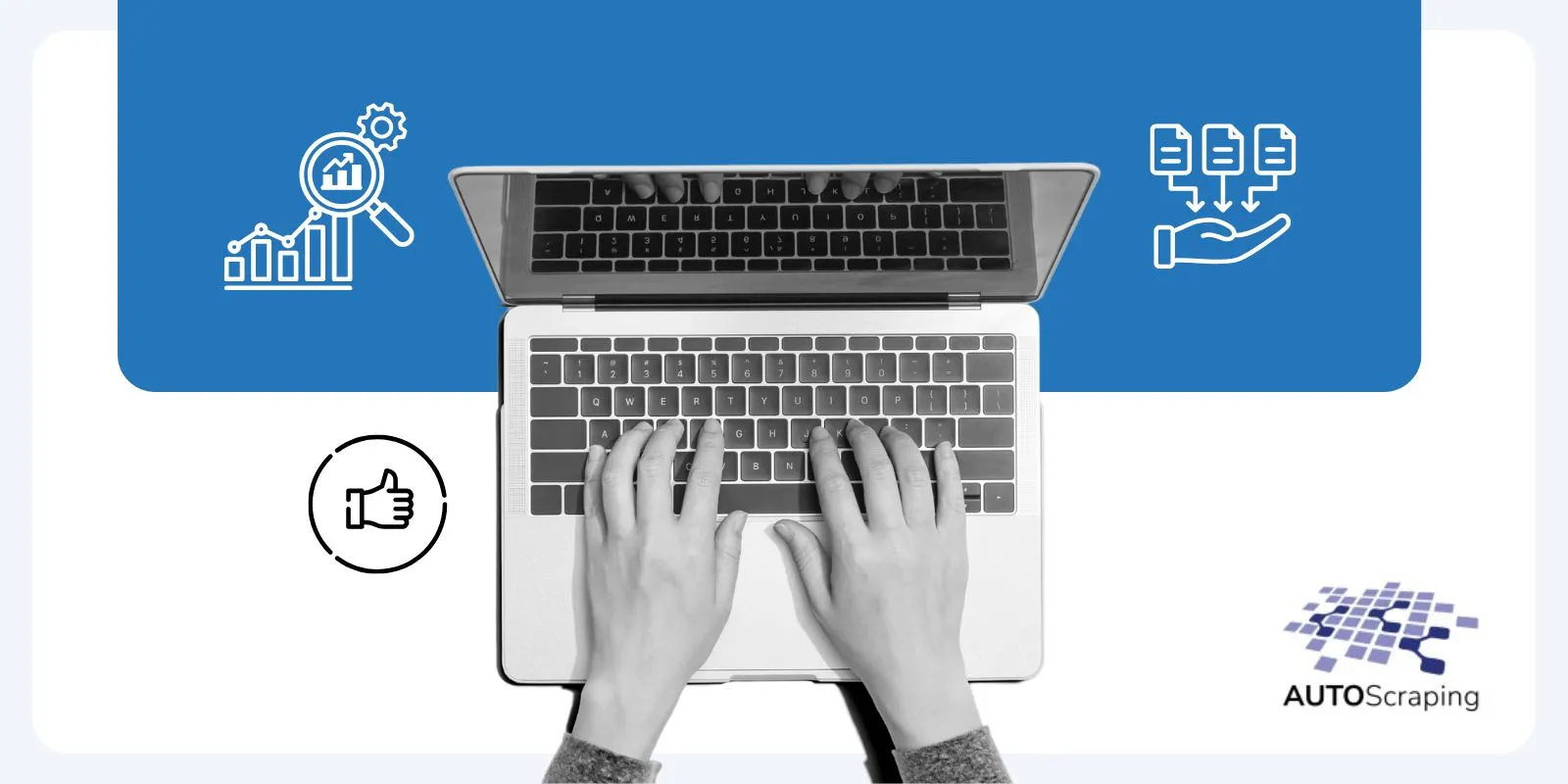Laying the Groundwork for Successful Data Extraction
The Foundation of Web Scraping
In today’s digital landscape, web scraping has become an essential skill for individuals and businesses alike. It empowers users to extract and analyze data from various websites, unlocking valuable insights and opportunities. This comprehensive overview serves as a primer for beginners, offering essential insights into the fundamental concepts and tools necessary to embark on successful web scraping endeavors.
Understanding the Core Concepts of Web Scraping
Web scraping, fundamentally, is about automating the process of extracting data from websites. It encompasses a detailed exploration of the technical aspects behind this practice, covering the entire process from initiating requests to websites to the intricate task of parsing HTML code for extracting relevant information.
This technique enables the gathering of vast amounts of data from various web sources, transforming unstructured web data into a structured format that can be used for analysis and decision-making. It is especially valuable in fields like data analytics, market research, and competitive analysis, where timely and accurate information is crucial.
By thoroughly understanding these core concepts, beginners can develop a solid foundation in web scraping. This knowledge is vital for navigating the complexities of web data extraction, ensuring adherence to ethical and legal standards, and using the extracted data effectively for various applications.
Essential Tools and Technologies for Web Scraping
For beginners venturing into the world of web scraping, it’s essential to familiarize themselves with key tools and technologies. Python, BeautifulSoup, and Selenium are among the indispensable tools discussed in this section. Each tool serves a unique purpose, whether it’s parsing HTML, automating browser interactions, or handling dynamic content. Understanding the functionalities of these tools is crucial for beginners to navigate the complexities of web scraping tasks effectively.
Legal and Ethical Considerations in Web Scraping
As with any data-related activity, web scraping is subject to legal and ethical considerations. This segment underscores the importance of compliance with websites’ terms of service, adherence to copyright laws, and broader ethical implications of data extraction. Beginners are guided on how to scrape responsibly and ethically, ensuring that their web scraping activities align with legal requirements and ethical standards.
Practical Tips for Starting Your First Web Scraping Project
Embarking on your first web scraping project can be intimidating, but these practical tips will help you navigate the process with confidence:
- Start small: Begin with simple websites to hone your scraping skills before tackling more complex projects.
- Learn HTML and CSS: Understanding the basics of web development will help you navigate and parse website structures more effectively.
- Choose the right tools: Familiarize yourself with tools like BeautifulSoup and Scrapy for data extraction and management.
- Respect website policies: Always adhere to websites’ terms of service and avoid overloading servers with excessive requests.
- Stay informed: Keep abreast of legal and ethical considerations surrounding web scraping to ensure compliance and ethical conduct.
Conclusion
Encouraging readers to apply these foundational principles in their web scraping endeavors. With the right understanding of the basics and appropriate tools, anyone can start leveraging web scraping for their data collection and analysis needs. It’s worth mentioning that our company boasts a team of experts in web scraping, ready to assist beginners and seasoned professionals alike in their data extraction projects.


